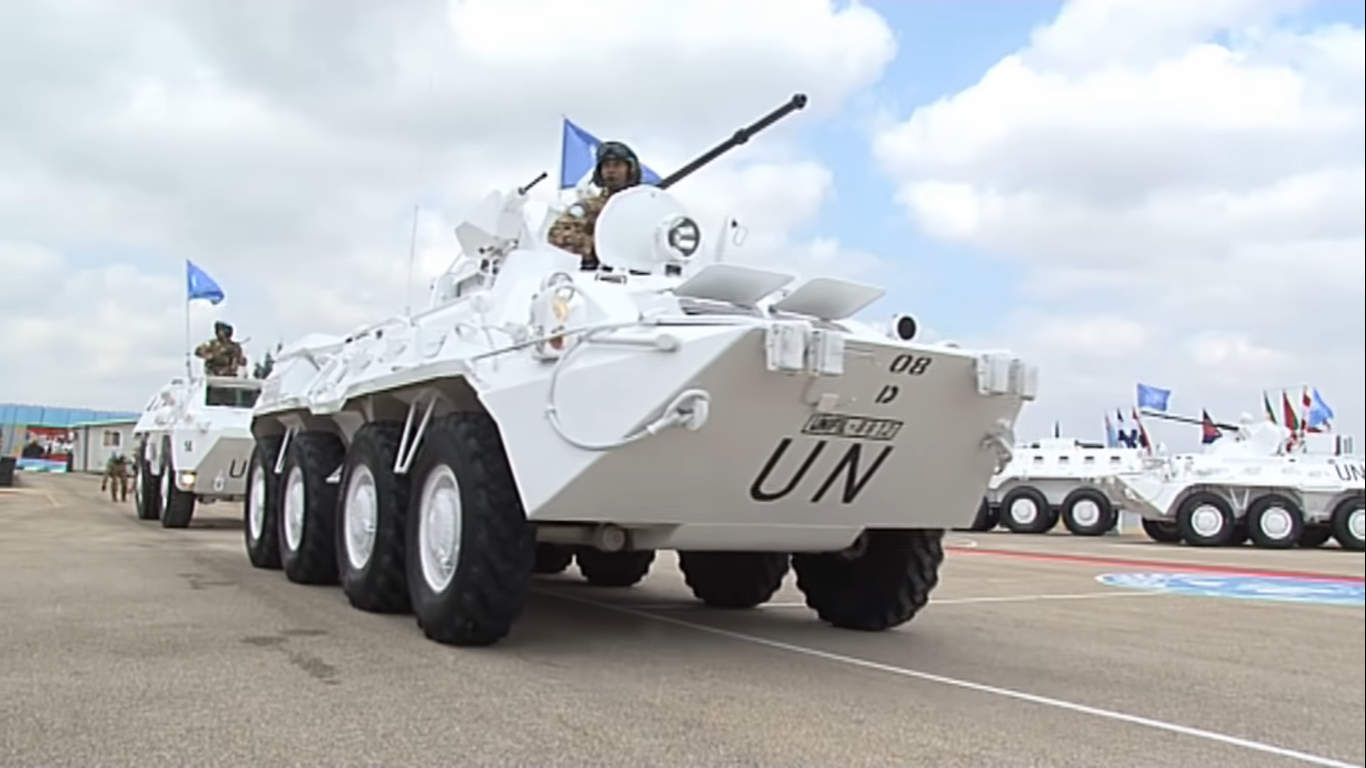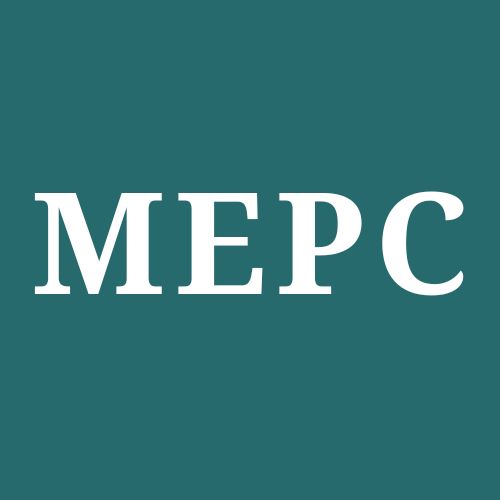
Details of the incident
- On Sunday, October 13, Israel Defense Forces (IDF) soldiers forcibly entered the United Nations Interim Force in Lebanon (UNIFIL) headquarters near the village of Naqoura in southern Lebanon.
- Two Israeli Merkava tanks destroyed the main gate and exploded shells a few hundred feet away, which released smoke that caused skin irritation and gastrointestinal reactions in fifteen peacekeepers.
- In recent days, escalating exchanges between Israel and Hezbollah have continued, with an increasing number of UN personnel “wounded in a series of attacks… with most of the attacks blamed by UNIFIL on Israeli forces.”
- The UNIFIL base has been repeatedly attacked by the IDF and in one instance, “Israel[i forces] deliberately’ fired on and disabled the headquarters’ monitoring cameras.”
- The IDF claimed that Hezbollah militants launched anti-tank missiles at troops stationed at the Golani Brigade Camp near the UNIFIL compound, which killed four soldiers and wounded twenty-five.
- Nadav Shoshani, the IDF spokesperson, told reporters that “it is not storming a base. It is not trying to enter a base. It was a tank under heavy fire, mass casualty event, backing up to get out of harm’s way.”
- Israeli Prime Minister Benjamin Netanyahu said UNIFIL was providing Hezbollah with human shields by not evacuating its peacekeepers from southern Lebanon and refusing to meet his demands.
International reactions
- The incident drew strong condemnation from the UN, which called for respect for its personnel and mandate, while both the Lebanese government and Hezbollah also denounced the actions of the IDF.
- According to UN Secretary-General António Guterres, attacks on UN personnel would be in breach of international humanitarian law and “may constitute a war crime.”
- The UN maintains that UNIFIL peacekeepers will be on the ground to monitor the ongoing war and hold the responsible parties accountable for alleged violations of international law.
- A number of European countries and heads of state released statements, with “the [defense] ministers [from sixteen European Union countries] ‘strongly condemn[ing]’ attacks the mission has blamed on Israel.”
- Italian Prime Minister Giorgia Meloni announced on Tuesday, October 15, that she is scheduled to visit Lebanon amidst rising tensions. With the largest number of ground troops, Italy condemned Israel’s attack as unacceptable and summoned the Israeli ambassador.
- The French Armed Forces Minister Sébastien Lecornu’s comments echoed those of Spanish Prime Minister Pedro Sanches, who said that “there will be no withdrawal of UNIFIL.”
- Turkey’s Ministry of Foreign Affairs expressed concerns over Israel’s accountability on the world stage and adherence to the rule of law.
Background on UNIFIL
- In 1978, the UN established a peacekeeping mission consisting of “more than 10,000 personnel from 50 countries” in Lebanon following the UN Security Council (UNSC) Resolutions 425 and 426.
- These resolutions were passed in response to Israel’s full-scale invasion of Lebanon.
- Following the 2006 war between Israel and Hezbollah, the UNSC significantly expanded UNIFIL’s mandate under Resolution 1701 to monitor the cessation of hostilities, support the Lebanese Armed Forces, and facilitate humanitarian access to civilians affected by the conflict.
- UNIFIL operates along the Blue Line, the border between Lebanon and Israel, and has a dual mandate of maintaining peace and supporting Lebanon’s sovereignty.
- The peacekeeping mission’s original mandate included “confirming the withdrawal of Israeli forces, restoring international peace and security, [along with] assisting the Government of Lebanon in ensuring the return of its effective authority in the area.”
(Banner image: Kontingen Garuda)

